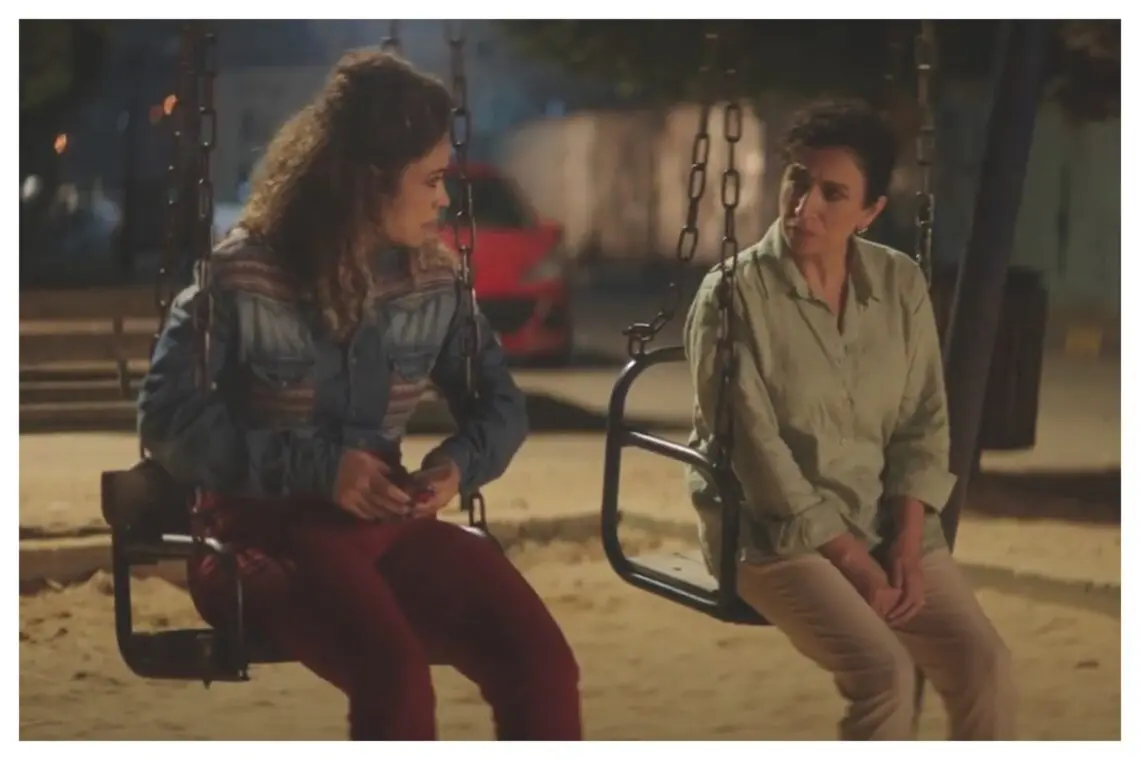Laila Abbas and the power of comedy to address Sharia law
A bold approach to sensitive topics
Comedy has long been a powerful tool in cinema for tackling complex, and often sensitive, topics. Enter Laila Abbas, a Palestinian director making waves with her latest film, “Thanks for Banking With Us!”. This thought-provoking comedy is currently part of the Meet the Neighbors competition at the prestigious Thessaloniki Film Festival.
The plot: racing against Sharia law
The story centers around two sisters, Noura (Yasmine Al Massri) and Maryam (Clara Khoury), who must navigate the complexities of Sharia inheritance laws after their father’s death. Under these laws, men typically receive twice the inheritance of women, placing the sisters at a significant disadvantage. The sisters are in a race against time, strategizing to ensure their estranged brother does not undeservedly claim their father’s legacy.
Directorial courage and strategic storytelling
“I’m not afraid to talk about it,” Abbas remarked when asked about her approach to the sensitive theme of inheritance law. She meticulously considered how to present the story engagingly. Abbas wanted to open a conversation without repelling her audience, seeking to find a balance between storytelling and cultural sensitivity.
“It can be powerful to be radical,” said Abbas, “but the light tone of the film didn’t allow for it. I wanted to engage as many people as possible so they could watch the film all the way to the end and imagine themselves in the sisters’ shoes.”
Critique without condemnation
Abbas is critical of the patriarchal structure that exists within her society. However, she emphasizes that her film isn’t an outright critique of her people in favor of Western ideals. Instead, “Thanks for Banking With Us!” is a dialogue within her society about its evolution and aspirations. It’s about self-reflection and envisioning a future that remains true to their identity.
A journey from documentary to comedy
Abbas first garnered attention with her 2013 documentary, “Ice & Dust”, which charted a young Palestinian woman’s search for a better life in Canada. Transitioning to comedy in her latest feature, Abbas aimed to tell an authentic Palestinian story devoid of tragedy—an endeavor complicated by the recent surge in regional conflict.
“I am presenting a film I find funny at festivals across the world,” Abbas explained, grappling with the moral dichotomy this poses given current events. She stresses the importance of context, highlighting her pride in portraying the complexities and beauty of Palestinian life.
Authenticity in production design
Portraying real spaces and authentic characters was crucial for Abbas. She and her team visited numerous homes to capture the essence of Palestinian life, an effort met with logistical challenges due to the lack of a pronounced cinematic culture in the region. Abbas recounts the pivotal moment when the team had to recreate a bank setting at a local university after their initial arrangement fell through.
“It’s not easy to shoot in Palestine,” Abbas admits, but the adaptability and resourcefulness of her team ensured the film stayed true to its vision.
A heartfelt dedication
In discussing her aspirations for the film, Abbas expressed a desire for audiences to see Palestine in its entirety—its complexities, beauty, and resilience. “There is so much invading our screens right now, and I wanted to have a film where Palestinians shine.” This dedication, this heartfelt glimpse into daily life, aims to portray Palestinians in a light that often goes unseen.
Stay updated with more enriching stories by sharing this article on social media. For the latest news and updates, follow us on your preferred platforms.

 Italian
Italian







